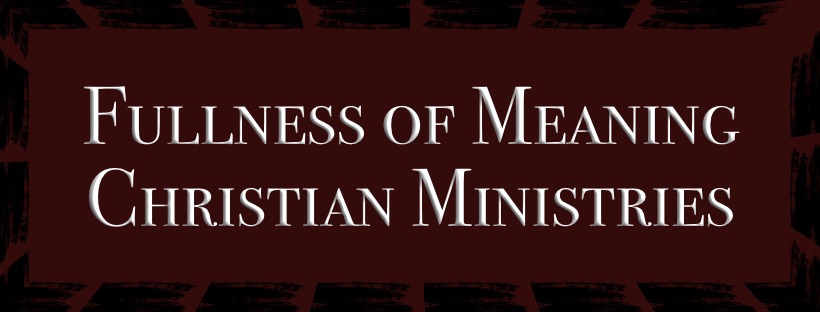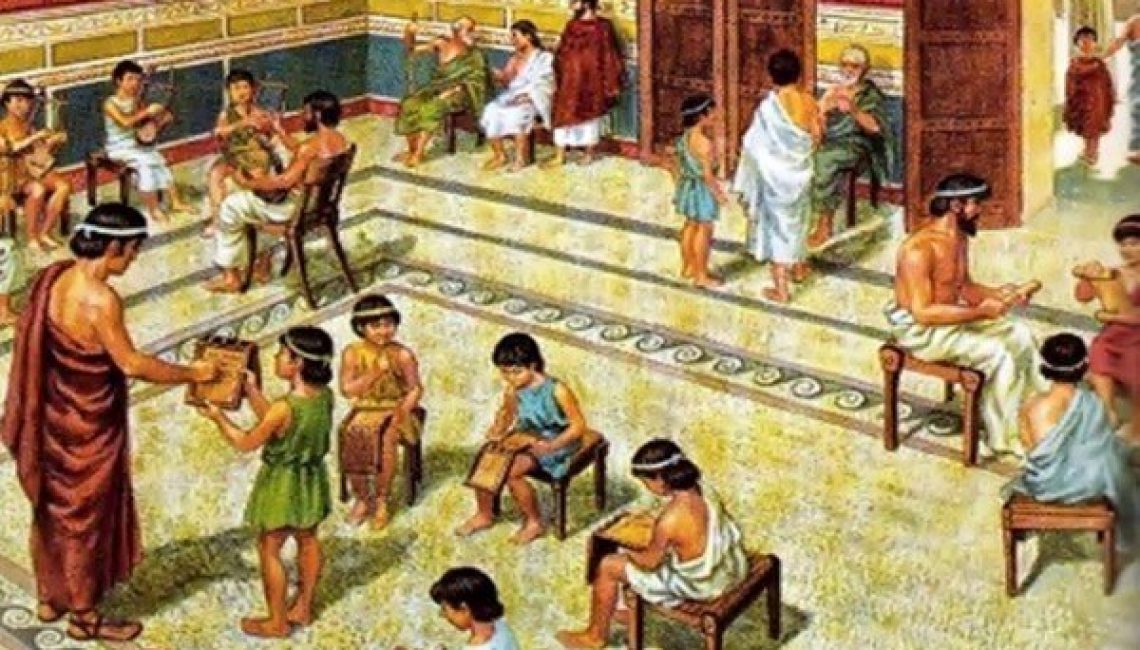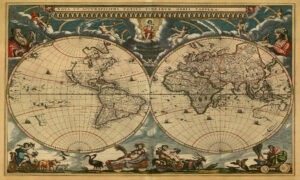REASON BASED IN EXEGESIS TO FREEDOM FROM IGNORANCE
“Paideia” (cf. Dr. Werner Jaeger’s treatment on “Christian Paideia” and “Classical Greek Paideia”) was the classical education for the first century Christian Children which means, “to walk; walk; the walk”—-i.e., “the little *footers*”. One could use the Star Wars term, “Padua (same term as Paideia) ”, for “young ones learning “The Force”. We see this term in “Pediatrics” for medical care for the youth.
The Paideia for 1st century Christian children consisted of (1) Greek and Latin language (2) Logic (3) Rhetoric. All such Classical education came DIRECTLY out of Aristotle and Plato’s Greek and references to the classical myths of Homer on down (cf. my treatment on Homeric ties with the synoptic Gospels). There would have been no confusion between the New Testament text presented by Paul and the Paideia because Paul was Hellenistically-classically trained. Paul cryptically if not openly referred to the classics and the Great Philosophers in the Scripture. Paul, by inspiration of God, fulfilled the philosophy of the Greek writings by stitching them into their final stages with the Resurrection of the unknown god at Mars hill00000. Paul’s Christianity was understood by the Hellenized World, i.e., to the Barbarians, Pagan Rome, Greece, and Europe. Everyone would have understood the Greek usage of the Greek New Testament because the words were interlocked with the Hellenized culture which was Aristotelian based and enforced through his student, Alexander.
For, Gregory of Nyssa, one of the greatest thinkers of the 4th century, considered the Paideia as the ultimate understanding of “morpheine” or “morphe”. It was the ultimate study in classicism and Christianity as “coming to be”. It rendered “judgement” null and void because if God is “bringing about the salvation and evolution of all, then, the ‘coming to be’ cannot be judged by man or God. For it is in “the FORM” of Plato’s Universals that we came from, are becoming, and going back to in all of its perfection. SO, there is no ‘imperfection’ in the MOTION of “coming to the perfect form”.
So, the Greek usage during the ante-nicene first century Church (ca. 33 A.D. to ca. 350 A.D.) was, for sure, philosophically and linguistically Aristotelian (and Platonic based). Alexander the Great, who “Hellenized (made everyone learn Greek/ think Greek) the world, was the direct padua/ ‘mathetikon’ of Aristotle —or, “Mathetekes (mathematician – i.e., “disciple” is known in the New Testament).
Now, let’s apply this knowledge to Biblical exegesis:
APAKATASTASIS (Acts 3:21) vs. THE ENGLISH ETERNAL “JUDGMENT” THE FIRST OF TWO ‘HELL-VERSES’





